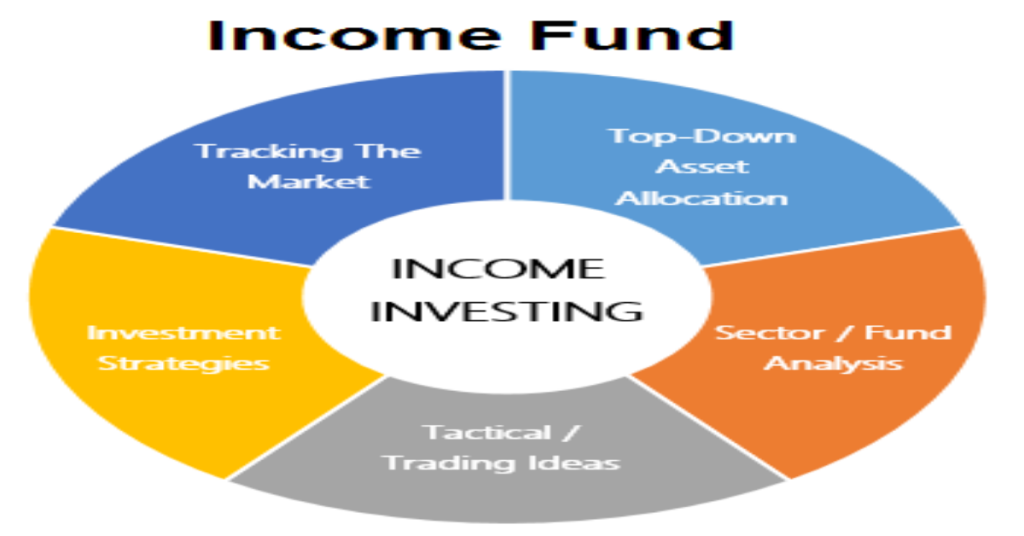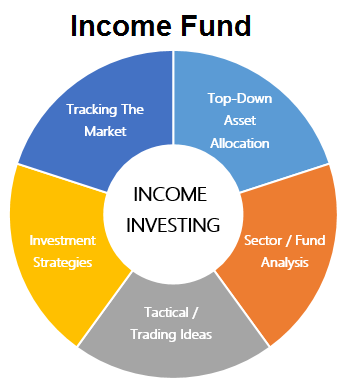As we stand on the brink of 2025, the world of investing and business is evolving at an unprecedented pace. With advancements in technology, shifts in consumer behavior, and an increasingly interconnected global economy, investors and entrepreneurs need to adapt and rethink their strategies for success. In this article, we will explore the key trends and opportunities shaping the landscape of investing and business in 2025, providing insights for those looking to navigate this dynamic environment.
The Technological Revolution: AI, Blockchain, and Beyond
One of the most significant influences on investing and business in 2025 is the rapid advancement of technology. Artificial Intelligence (AI), blockchain technology, and data analytics are no longer just buzzwords—they have become integral parts of business operations and investment strategies.
Artificial Intelligence and Automation
By 2025, AI is expected to play a pivotal role in business decision-making processes. From optimizing supply chains to enhancing customer experiences, AI will provide companies with the insights needed to make informed decisions. For investors, understanding how a potential investment leverages AI technology will be crucial in evaluating its long-term viability.
Moreover, automation will continue to reshape workforce dynamics. Companies that embrace automation will likely reduce costs and increase efficiency, potentially translating into higher profits. Investors should look for companies that are not only adopting AI but also investing in upskilling their workforce to ensure human and machine collaboration.
Blockchain Technology for Transparency and Security
Blockchain technology promises to revolutionize various industries, including finance, supply chain management, and healthcare. By 2025, we can expect wider adoption of this technology, which offers unparalleled transparency and security through decentralized ledgers.
For investors, understanding blockchain’s applications—such as smart contracts, asset tokenization, and decentralized finance (DeFi)—will be essential. Companies that leverage blockchain to enhance their operations or create innovative financial products may present lucrative investment opportunities.
Sustainability and Environmental Responsibility

As we move deeper into the 2020s, the importance of sustainability will only continue to grow. Investors and businesses alike are increasingly focused on Environmental, Social, and Governance (ESG) criteria. This shift represents a fundamental change in how value is assessed, moving beyond mere financial metrics.
Green Investments
By 2025, green investing will likely gain substantial traction. The push for renewable energy, sustainable agriculture, and climate-friendly technologies will create new markets and investment opportunities. Investors should explore companies committed to reducing their carbon footprints or developing innovative solutions to address climate change.
Additionally, the concept of “impact investing” will gain popularity, whereby investors seek to generate positive social and environmental outcomes alongside financial returns. Funds focused on sustainable industries are likely to thrive, attracting a new generation of socially conscious investors.
Corporate Responsibility
Businesses that prioritize social responsibility will likely be rewarded in the marketplace. Consumers are increasingly choosing brands that align with their values, which means that companies with strong ESG practices will likely see enhanced brand loyalty and long-term profitability. Investors should assess corporate responsibility initiatives when evaluating potential investments, as these factors will significantly influence a company’s reputation and bottom line.
The Evolving Nature of Work and Remote Business Models
The COVID-19 pandemic brought about a seismic shift in work culture, accelerating the trend toward remote work and flexible business models. By 2025, these trends will have solidified, reshaping how companies operate and how investors evaluate them.
Remote Work and Hybrid Models
Many companies are now adopting hybrid work models that combine in-office and remote work. This shift not only offers flexibility for employees but also significantly reduces overhead costs for businesses. Investors should consider companies that effectively manage remote work dynamics, as those that have adapted may be more resilient and agile.
Growth of E-Commerce and Digital Services
The pandemic accelerated the growth of e-commerce and digital services, a trend that will continue into 2025. As more consumers shop online and seek digital solutions, businesses that excel in these areas will likely thrive. Investors should focus on companies with robust e-commerce platforms, strong supply chain management, and innovative digital service offerings.
The Rise of New Asset Classes
By 2025, we can expect the emergence of new asset classes driven by technological advancements and evolving consumer preferences. Understanding these new investment opportunities will be crucial for forward-thinking investors.
Cryptocurrencies and Digital Assets

The rise of cryptocurrencies and digital assets has already transformed the investment landscape, and by 2025, their influence will likely expand. Investors must stay informed about regulatory developments and technological innovations impacting the cryptocurrency market.
Furthermore, Non-Fungible Tokens (NFTs) may continue to find applications beyond digital art, potentially transforming industries like real estate and gaming. Investors should explore platforms enabling NFT transactions and be open to new asset classes that emerge from this technological evolution.
Tokenization of Assets
Tokenization—the process of converting physical or digital assets into tradable tokens on a blockchain—could redefine ownership and investment. From real estate to art, tokenization allows for fractional ownership and increased liquidity. Investors should look for platforms that facilitate asset tokenization, as this trend will likely democratize access to high-value investments.
Geopolitical Factors and Global Markets
The interconnectedness of global markets means that geopolitical factors can significantly impact investment strategies. By 2025, investors will need to navigate a complex landscape of international relations, trade policies, and regulatory changes.
Diversifying Geographical Risk
To mitigate risks associated with geopolitical tensions, investors should consider diversifying their portfolios geographically. Investing in emerging markets that show promise in terms of growth and stability can provide attractive opportunities. Monitoring global economic indicators, trade relationships, and political developments will be essential for informed investment decisions.
Embracing Innovation Hubs
As technology hubs emerge around the world, investors should keep an eye on regions that foster innovation. Areas like Silicon Valley may continue to thrive, but new centers of innovation will likely arise in Asia, Europe, and beyond. Investing in companies located in these innovation hotspots can lead to high-growth opportunities.

The Importance of Continuous Learning and Adaptation
In an ever-changing investment landscape, the ability to learn and adapt is essential. By 2025, investors will need to prioritize continuous education to stay ahead of trends and identify emerging opportunities.
Embracing Technology for Research
The rise of big data and analytics will empower investors with deeper insights. Utilizing financial technology (fintech) tools that provide analytical capabilities can enhance decision-making. Investors should become proficient in leveraging technology to gather and analyze data, enabling them to make informed choices.
Networking and Collaboration
As we move into 2025, the importance of networking and collaboration will be magnified. Investors should engage with industry experts, join investment clubs, and participate in community discussions. Collaboration can lead to shared insights, diverse perspectives, and collective wisdom that strengthens investment strategies.
Conclusion
As we approach 2025, the world of investing and business presents both challenges and opportunities. The rapid pace of technological advancements, the growing emphasis on sustainability, shifts in work culture, and the emergence of new asset classes are reshaping the landscape. Successful investors will be those who embrace change, remain informed, and develop adaptive strategies.
By focusing on technology, sustainability, innovative business models, and geopolitical awareness, investors can position themselves for success in this dynamic environment. Continuous learning and collaboration will further serve as key components in navigating the complexities of investing in 2025 and beyond. The future is bright for those willing to engage with the evolving landscape and seize the opportunities that lie ahead.




